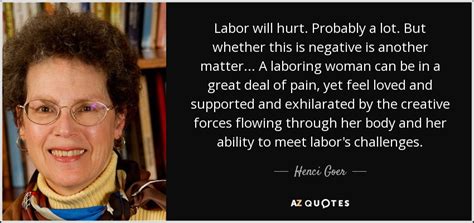A Quote by Abigail Spanberger
The results of inequity and bias impact everything from suspension rates, to housing access, to health outcomes, to medical interventions, to job opportunity and promotions, to criminal sentencing, and even to the very safety of the water one drinks and air one breathes.
Related Quotes
We can build wealth in all our communities, value public education, plan for our neighborhoods, invest in housing we can afford and transportation that serves everyone, truly fund public health for safety and healing, and deliver on a city Green New Deal for clean air and water, healthy homes, and the brightest future for our children.
The fact is, some of the most respected scientific bodies in the world, including Codex Alimentarius (jointly run by the World Health Organization and the Food and Agricultural Organization of the United Nations), the American Medical Association, the British Medical Association, and the American Public Health Association, have stated that more research needs to be done on GMOs through premarket safety assessments before we can truthfully determine their safety.
Countries with the best-resourced medical services have the best outcomes for physical illness (it is better to have a heart attack in Washington or London than in rural Africa) whereas precisely the opposite is the case for mental illness (developing nations with limited psychiatric resources have better outcomes and lower suicide rates).
































